As frightening and frustrating as the coronavirus pandemic has been, this pause has offered us a rare opportunity to stop and think about the future of travel. How can we become better travelers, and what can we do to help travel to rebound?
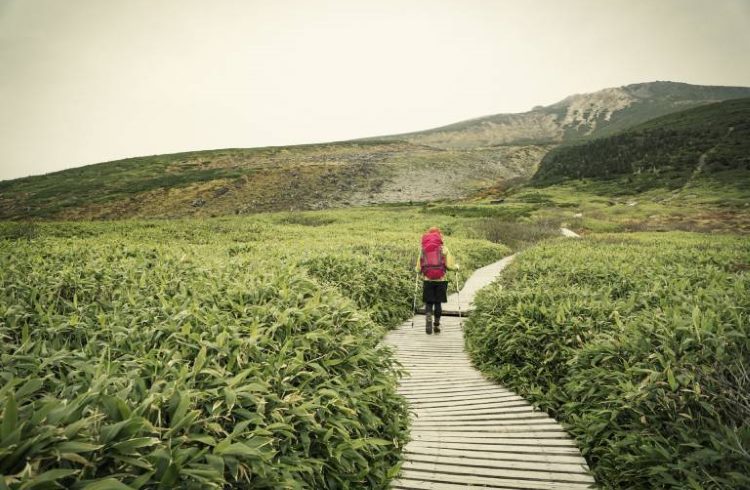 Photo © Getty Images / Yagi Studio
Photo © Getty Images / Yagi Studio
In just a few short weeks, we went from traveling almost anywhere in the world at a moment’s notice to being confined to our countries, communities, and even our homes. What should we learn from this global reset? We asked our staff, mentors, affiliate partners, and filmmakers how the pandemic has changed their thinking about travel.
What should we learn from the COVID-19 pandemic? How might it change the way we travel?
“We can all think more carefully about why we travel – and how we can have the kind of trip we love without going where everyone else tends to go. Meaningful journeys for longer, but less often, can have a positive impact on the planet – and ourselves.” – Jo Tovia, Content Producer, World Nomads
“Definitely to not take things for granted, and to seize the day. I remember that, during my Yourbestlife scholarship, there were moments where I passed up opportunities to jump in a waterfall or to run in some fields because I thought to myself, “I will have another opportunity for this – heck, I'm traveling to 10 countries!” And I missed out on those chances. Now, staying home and being restricted has made me cherish them much more, and reminded me to seize every reasonable adventure that comes my way.” – Jigar Ganatra, filmmaker and World Nomads Film Scholarship winner
“Nature is in charge, and sometimes, we all need a rest. I haven’t been in one place for so long since I was in college 20 years ago, and it’s been great to be grounded in a single place and experience it on foot. I think it makes me realize how much more deeply I experience a place by walking it, even in the big cities.” – Kiliii Yüyan, photographer
“My big hope is that sustainable travel becomes more mainstream and that we stop loving places to death. Instead of partying in Greece, maybe we hop in a kayak for a quiet paddle and practice more “transformational travel”, where the inward journey is just as important as the outward one. This pandemic has only highlighted how much of a gift – and privilege – it is to travel and that we shouldn’t take it for granted. When this is all over, maybe it’ll be time to take that dream trip. For me, that’s India or New Zealand or Colombia or Vietnam. My list seems to be growing faster now.” – Tim Neville, travel writer and World Nomads Travel Writing Scholarship mentor
“We live on the edge of the Australian bush in a sustainable house we designed ourselves. For me, the pandemic followed a drought, then a bushfire crisis (we had one to the north and another to the south – we evacuated our house twice). I hope we learn to be more modest in our consumption of resources and more thoughtful of how, when, and why we travel.” – Brian Rapsey, filmmaker and World Nomads Film Scholarship Mentor
“We should all start putting more of a focus on sustainable tourism, traveling slow and getting off the beaten path. We're very optimistic about the future of travel, although we believe it will be quite different to what we've seen in the past. Also, remember that travel is a privilege, not a right, as we've all seen with the global restrictions put in place recently. When borders open and it's safe to travel again, put a lot of thought into the places you really want to see, and then book a trip sooner rather than later.” – Alesha Bradford and Jarryd Salem, Directors, NOMADasaurus and Van Life Theory
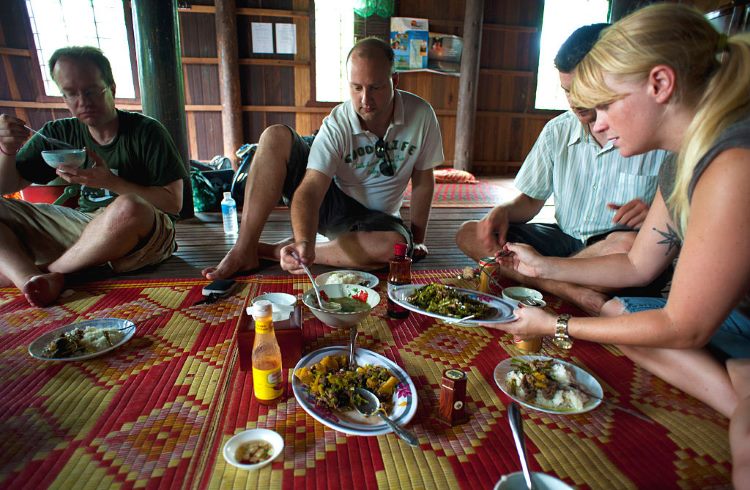
“The coronavirus pandemic has taught me the importance of resilience and community. I’d definitely focus trips on visiting local communities and homestays in the future.” – Emily Willis, Head of Content, World Nomads
“I think, like a lot of people, not being able to travel has made me reflect more on fixing the negative aspects of travel once we can again. Seeing images of pollution reduction, animals enjoying their habitats without human contact, and the drop in carbon emissions is certainly something to embrace. Also, it has made me realize how beautiful the country I live in is, and to reconsider the impulse and urgency to explore other countries ahead of my own.” – Kate Duthie, Managing Editor, World Nomads
“We are grateful that the world now knows the importance of sustainability for our climate, to prevent pandemics, and to allow for cultural connection. It's been hard to stay put, but we are hunkered down in the Algarve of Portugal. We've been treated like Portuguese "citizens" during this time, received free healthcare, and more. If one looks at how Portugal has handled this situation, they can see what a decent country (and politicians) can do just by showing they care.” – Kristen, Omventure
“What’s happening now is a much-needed breather for the planet. And local governments, councils and businesses should use this as a catalyst to map out a sustainable path forward.” – Isaac Entry, Social & Content Marketing Manager, World Nomads
“Connect locally. There are so many things to explore around us we usually do not appreciate. I could be bored walking the same walk every day, but the change in weather or time makes it unique (and I’ve seen three new birds I have never seen before). I might be diving the same dive spot every week, but I found three nudibranchs I have never seen before. I met the locals (grey nurse sharks, a giant bull ray, giant cuttlefish, and humans) and made new friends.” – Ulrike Eulenfeldt, UX Designer, World Nomads
“I think one major takeaway of the shut down is a consideration of the role of aviation in climate change. The planet, for the first time since industrialization, has had a chance to catch its breath. When the economy picks up it will very likely be back to business as usual.
“2020 has always been the time when forecasters and scientists said we need to plateau our carbon output. Until COVID, it was looking impossible. But we shouldn’t be complacent. We need to make the best of this unintended outcome and continue in our efforts.
“Aviation will always be part of our world, but there is only so far innovation in fuel and aircraft design can take us. We also need to moderate our usage. I think this translates to more thoughtful travel – treating air travel as a luxury like it was when it first started.” – Miles Rowland, filmmaker
“I’ve learned to wash my hands. An important lesson for someone who is not immune to gastro – and could have potentially avoided it with better handwashing in the past.” – Milly Brady, Content Producer, World Nomads
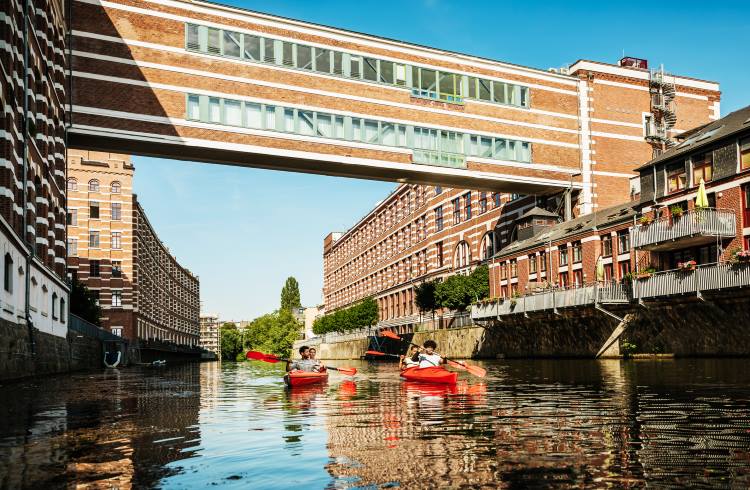
How can travelers help travel rebound?
“First of all, stay safe and take the necessary precautions when traveling, and secondly, support eco-tourism businesses that are not in hot spots. Go to developing countries and choose the businesses that are supporting local communities instead of the major attractions flocking with tourists.” – Jigar Ganatra
“A healthy travel industry hinges on our desire to find meaningful experiences and connections in the world around us, and so we mustn’t ignore that desire. Travel small. Spend your money at local inns, in local restaurants, with local guides no matter where you go. Don’t beat the banana dealer or the carpet guy down to get the best deal possible. Instead, ask yourself: How much is this experience/item/service worth to me and what is the true cost of my being here? In other words, make travel a force for good and not just an excuse to get bargains or drunk on $1 beers or whatever.” – Tim Neville
“There’s a good chance many of us live in areas where inbound tourism supports businesses and the solopreneurs that provide the unforgettable experiences, lodgings, products, and meals that we crave and seek when we are away from home. Apart from disrupting travel, COViD-19 has had a tremendous impact on the farm-to-fork supply chain where food producers’ main revenue was supplying hotels and restaurants, and now have an oversupply of produce and food that can’t be inventoried for when travel bounces back. We can use our travelers’ purchasing power to join a local, community-supported agriculture program, stock up on small-batch roasted coffee beans from the corner coffee shop, buy the mugs, T-shirts, cookbooks, and gift cards from your favorite bakery, restaurant, indie bookstore, or artist co-op (stock up for birthdays, anniversaries, Christmas!), pay in cash when you can, and not least, order and pick up take-out from your regular, family-owned restaurant and pick it up, vs. using a delivery service that eats a percentage of the restaurant’s margin.” – Christina Tunnah, General Manager, The Americas, World Nomads
“Most of my travel in the last seven years has been to make films about local sustainable travel, and in doing so, I’ve had some of the best experiences of my life. I remain in contact with all the subjects, so I’ve seen how their projects have withered during the pandemic and imagined how this must affect the communities they serve. I urge travelers to research their travel plans with this in mind, and have a travel ethos that supports local economies and communities.” – Brian Rapsey
Related articles
Simple and flexible travel insurance
You can buy at home or while traveling, and claim online from anywhere in the world. With 150+ adventure activities covered and 24/7 emergency assistance.
Get a quote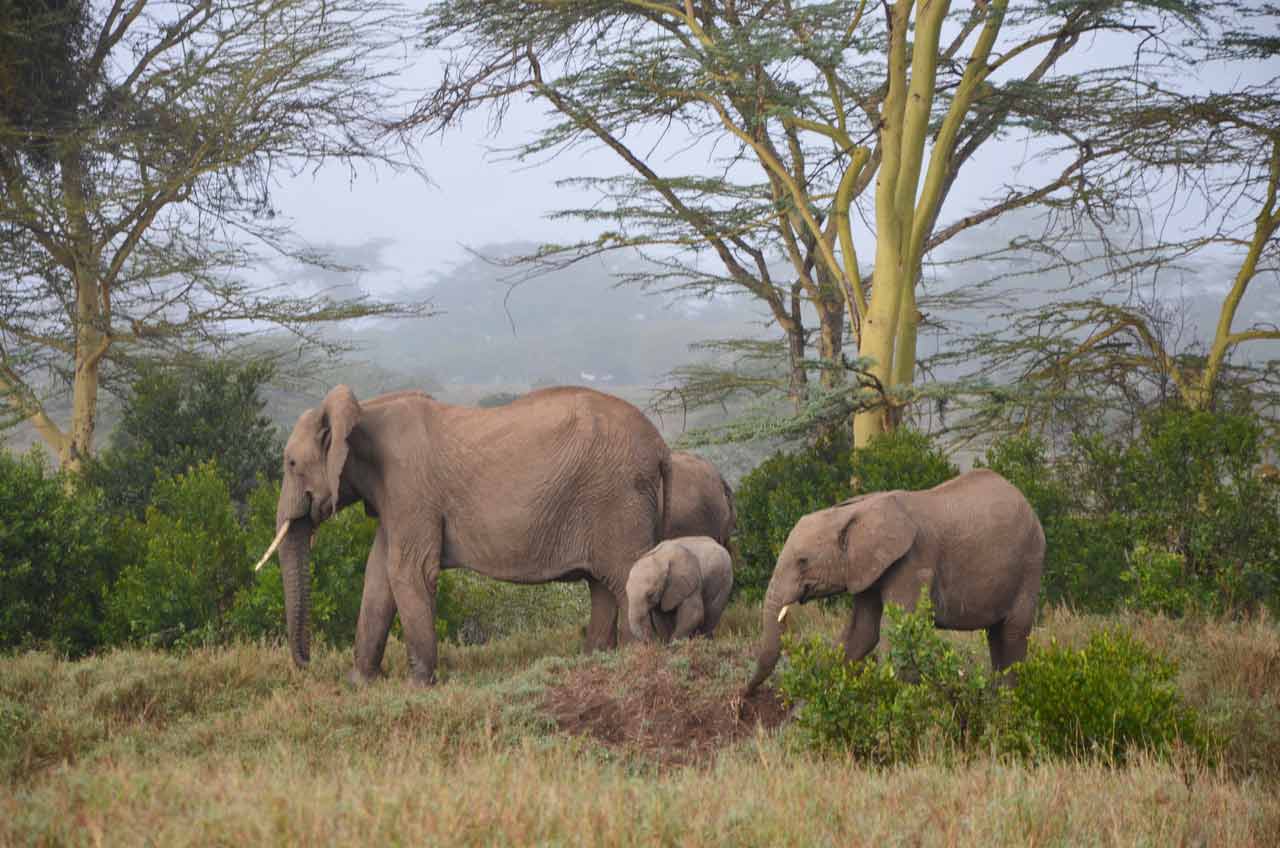
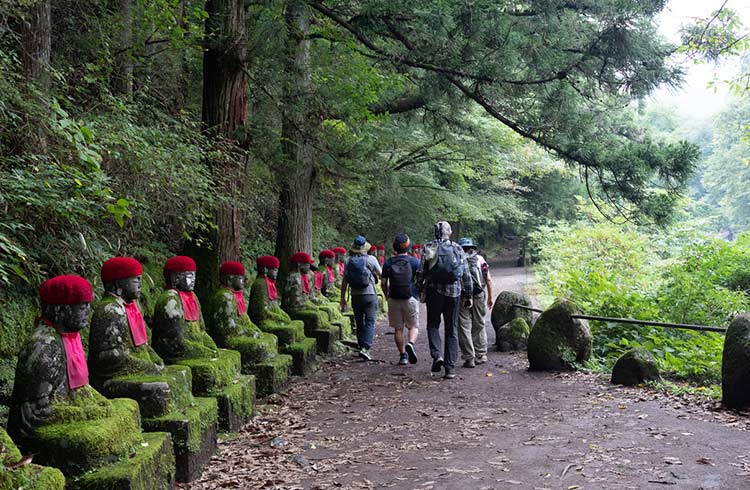
No Comments